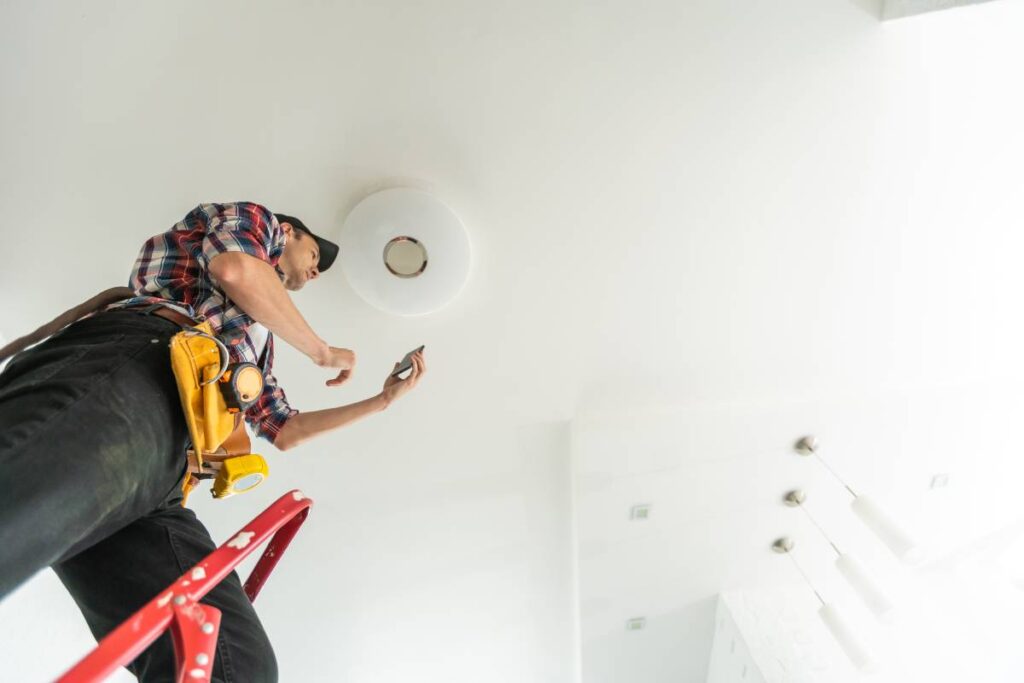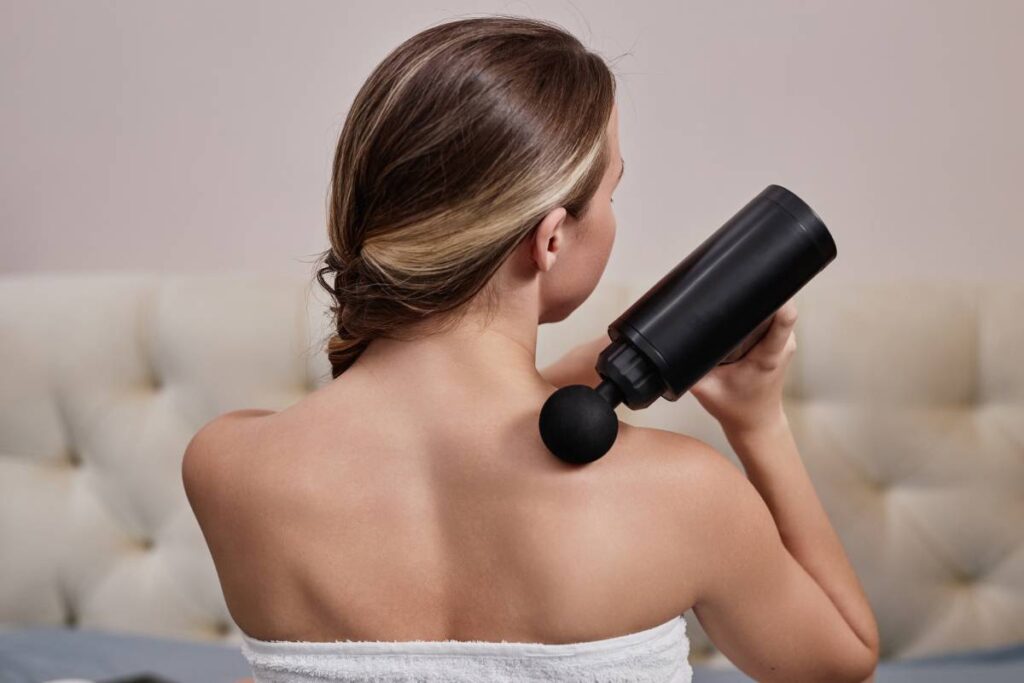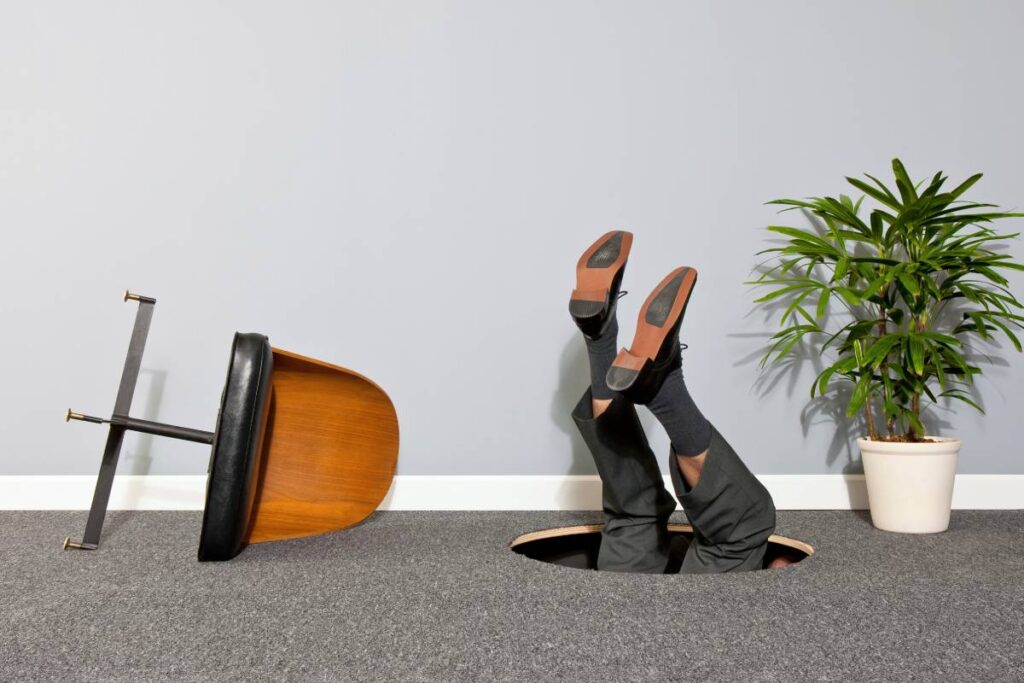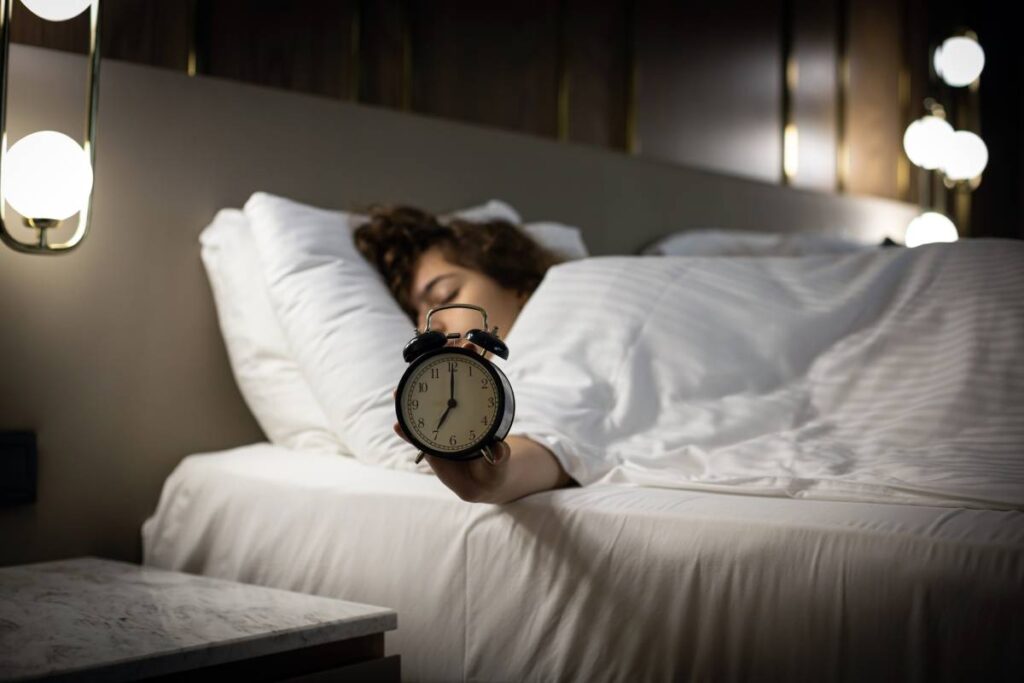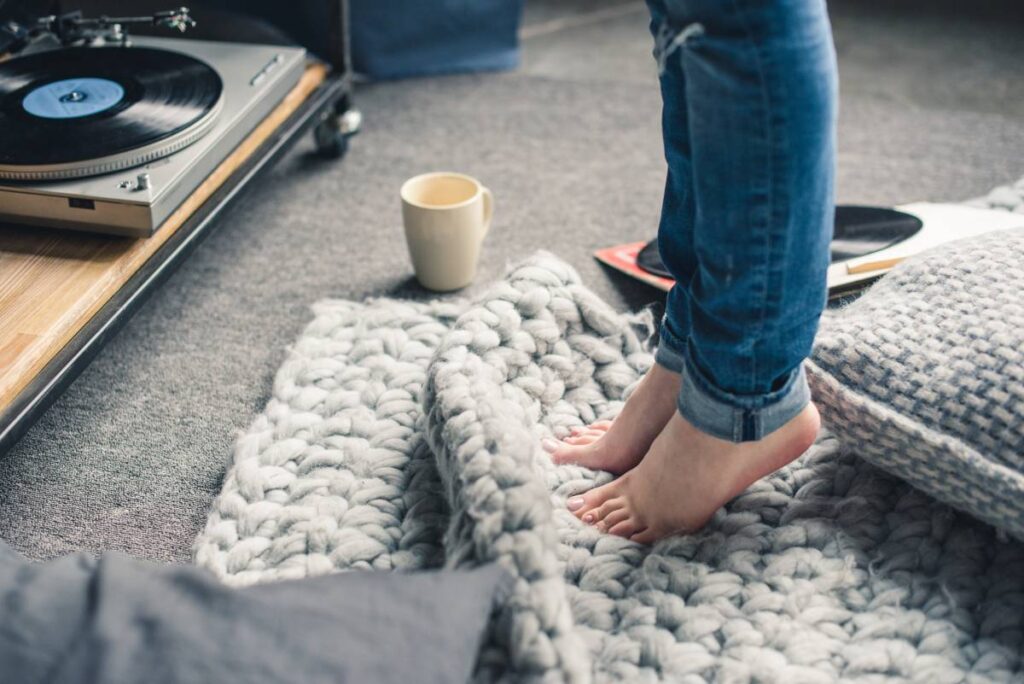10 Proven Tips To Sleep Better At Night

A healthy sleeping is just as important as regular exercise and a healthy diet, It directly affects our mental and physical health and also makes difference in the quality of life.
Did you know there’s a term called Sleep hygiene? The rituals, behaviors, and norms that we follow during sleep are termed as sleep hygiene. A lousy sleep hygiene can take a severe toll on your daytime energy, productivity, emotional balance, and even your weight. Many of us regularly toss and turn at night, struggling to get the sleep that they need. So what we have to do now is just follow good sleep hygiene like our daytime routine and bedtime habits that will make you mentally sharp, emotionally balanced, and full of energy all day long.
Improving your sleep hygiene is an easy way to get better sleep, and it should be the first thing you go after when sleep troubles show up. Try to keep these following sleeping practices on a consistent basis:
1. Know how much sleep you actually need
If you are going to change your sleeping habits the first thing you need to know that how much amount of sleep you need.
The amount and type of sleep needed changes from childhood to adulthood.

2. Stick to a sleep schedule
If you struggle with sleep, try to get in a habit of going to bed and waking up at a similar time each day and night. This helps to regulate your body’s clock and also optimize your quality of sleep. After several weeks you don’t need an alarm.
3. Keep daytime nap between 15-20 minutes.
While short “power naps” have been proven beneficial, but prolonged or irregular napping during the day can negatively affect your sleep. Limit naps to 15 to 20 minutes in the early afternoon.
4. Use bright light to help manage your circadian rhythms.
Exposure to light during the day is beneficial for yourself. Try to have your breakfast by a sunny window. The light on your face will help you wake up.
5. Avoid phones and other electronic screens at least 1 hour before bedtime
The blue light emitted by your phone, tablet, computer, or TV is especially disruptive. Stop watching TV and turn off any bright lights 2 hours before heading to bed.
6. Exercise during the day, but not before the bed
Vigorous exercise is best, but even light exercise is better than no activity. Exercise at any time of day, but not at the expense of your sleep.People who exercise regularly sleep better at night and feel less sleepy during the day.
7. Be smart about what you eat and drink
Drinking large amounts of liquids before bed can affect your quality sleep and daytime energy. You might be surprised to know that caffeine can cause sleep disorder up to ten to twelve hours after drinking it.
Try to avoid big meals, alcohol, caffeine, or any fluid before going to bed.
8. Need a proper sleeping environment
Design your sleep environment correctly that makes big difference to your quality of sleep. Make sure your mattress is comfortable and supportive. Having a comfortable place to lie down and stretch out is essential. Your bedroom should be cool – between 60 and 67 degrees and free from noise.
9. Take a Relaxing Bath or Shower
Taking a relaxing bath or shower is another favorite way to sleep better. A study shows that taking a hot bath 90 mins before going to bed can improve your sleep quality and makes you feel faster as usual.
10. Postpone brainstorming and clear your head.
Practicing some relaxation techniques before bed to wind down, calm the mind, and prepare for sleep like deep breathing, muscles relaxation, visualizing a peaceful and restful place. This will help you relax and comfortable.

